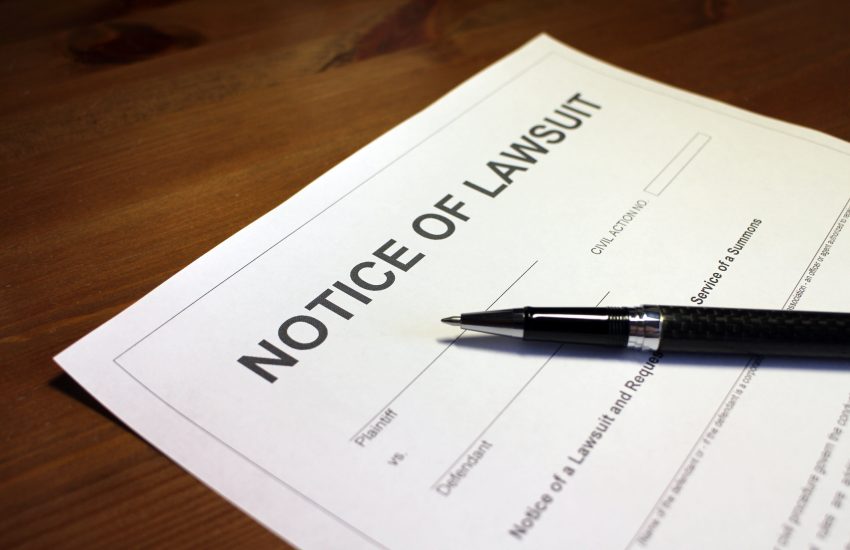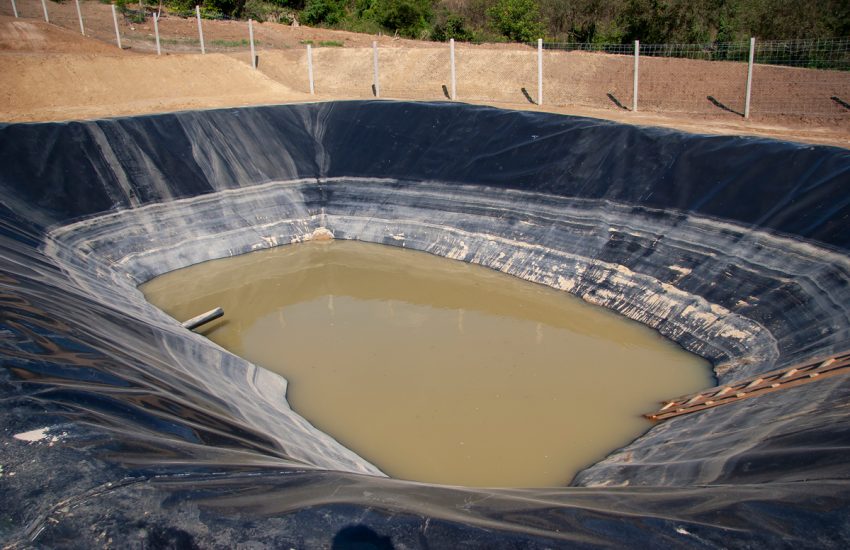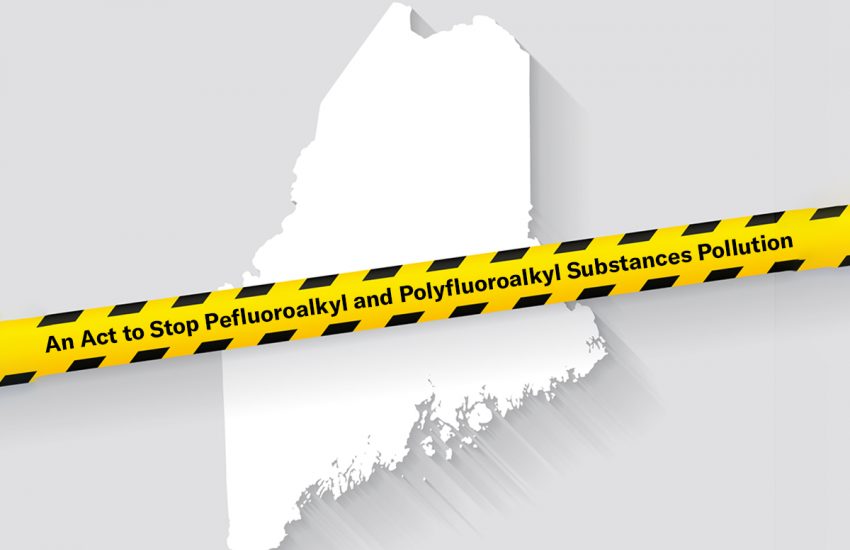On Aug. 3, 2021, Chief U.S. District Judge William P. Johnson rejected the effort to prevent hydraulic fracturing (fracking)—the method of extracting oil and natural gas by injecting high-pressure fluid into subterranean rock formations—near archeological and cultural sites in the Mancos Shale geological formation in New Mexico, determining that the Bureau of Land Management (BLM) had done sufficient environmental review to back up its decision and that it didn’t predetermine it would approve drilling permits.
In rejecting the injunction sought by the Sierra Club and …
Continue Reading









